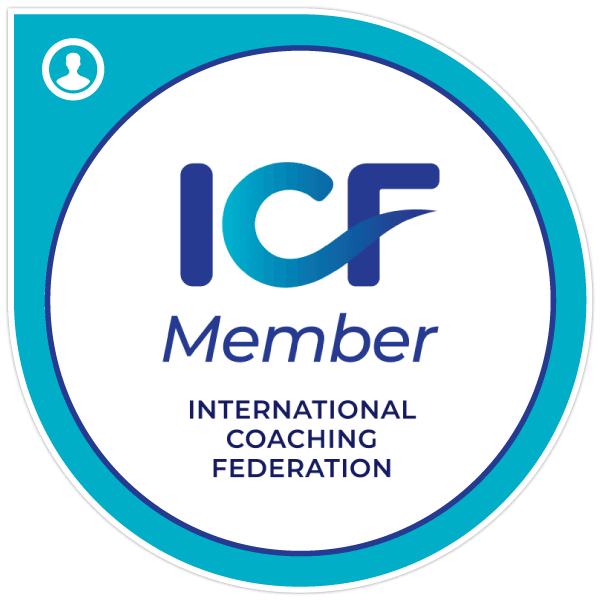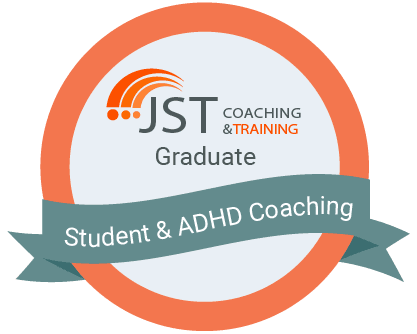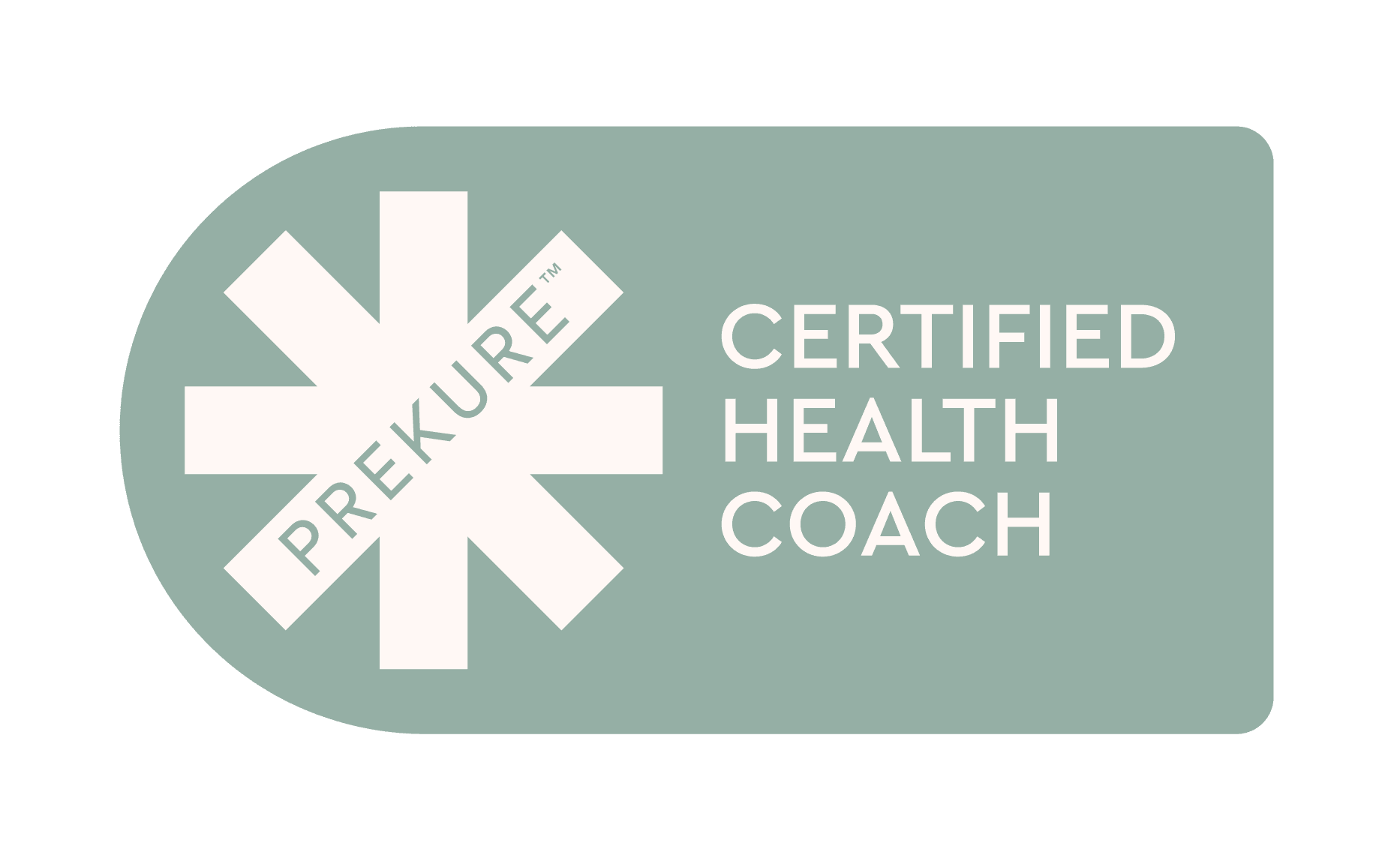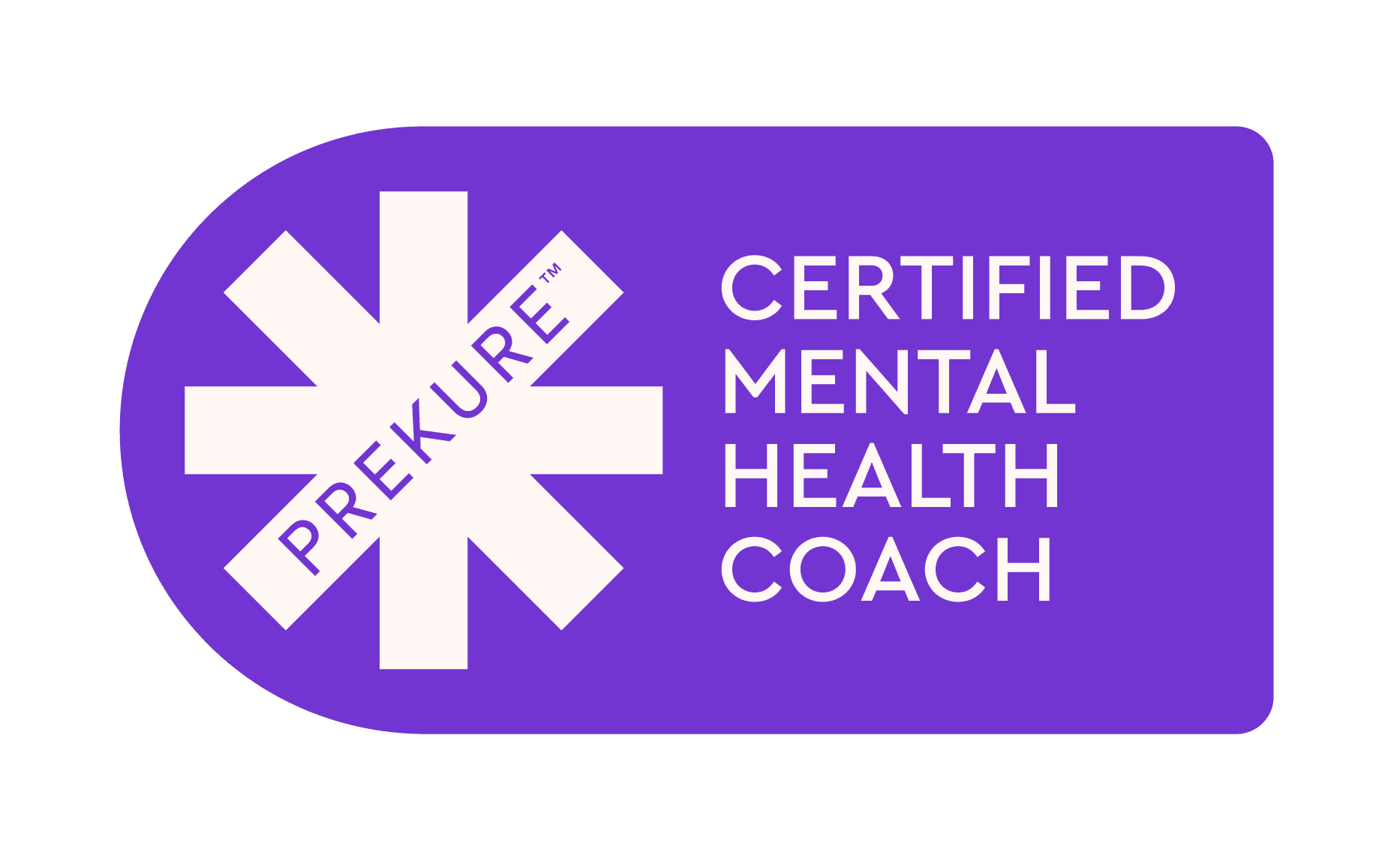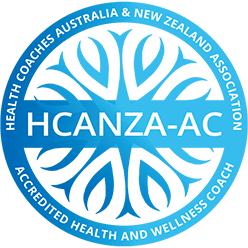What is a holistic approach?
Holistic Fitness
When we exercise, we feel stronger and more capable, which boosts our performance and resilience. Similarly, when our mental fitness is strong, we're better equipped to navigate life’s storms, balance our responsibilities, and build deeper connections.
Just like physical fitness, developing and maintaining mental fitness takes time, effort and regular practice. Having the right tools in our mental fitness toolbox can make all the difference in managing stress, improving focus, and thriving in daily life.
The Four Lifestyle Points
Research shows that four key areas play a crucial role in our overall wellbeing:
N - Connection
E - Nourishment
S - Rest
W - Movement
Challenges in any of these areas can have a profound impact on health. By reflecting on and improving them holistically, we can maximise our healthspan, living not just longer but better.
Neurodivergent Brains and the Lifestyle Points
For many neurodivergent brains, including ADHDers, these lifestyle areas often look and feel different:
N - Connection: Safe, genuine relationships reduce isolation, ease masking fatigue, and build resilience.
E - Nourishment: Eating can be influenced by interoception (not noticing hunger or fullness), alexithymia (difficulty identifying feelings connected to eating), and sensory sensitivities with textures, smells, or tastes. A compassionate approach supports exploring food in ways that work for both body and brain.
S - Rest: Sleep cycles can be irregular or disrupted. Instead of chasing perfect routines, the goal is to find rhythms that align with your wiring.
W - Movement: Physical activity supports focus, energy, and regulation, but it is only sustainable when it feels enjoyable instead of another “should”.
A holistic approach recognises these differences without shame. It is about tailoring tools to your unique wiring so wellbeing becomes supportive rather than overwhelming.
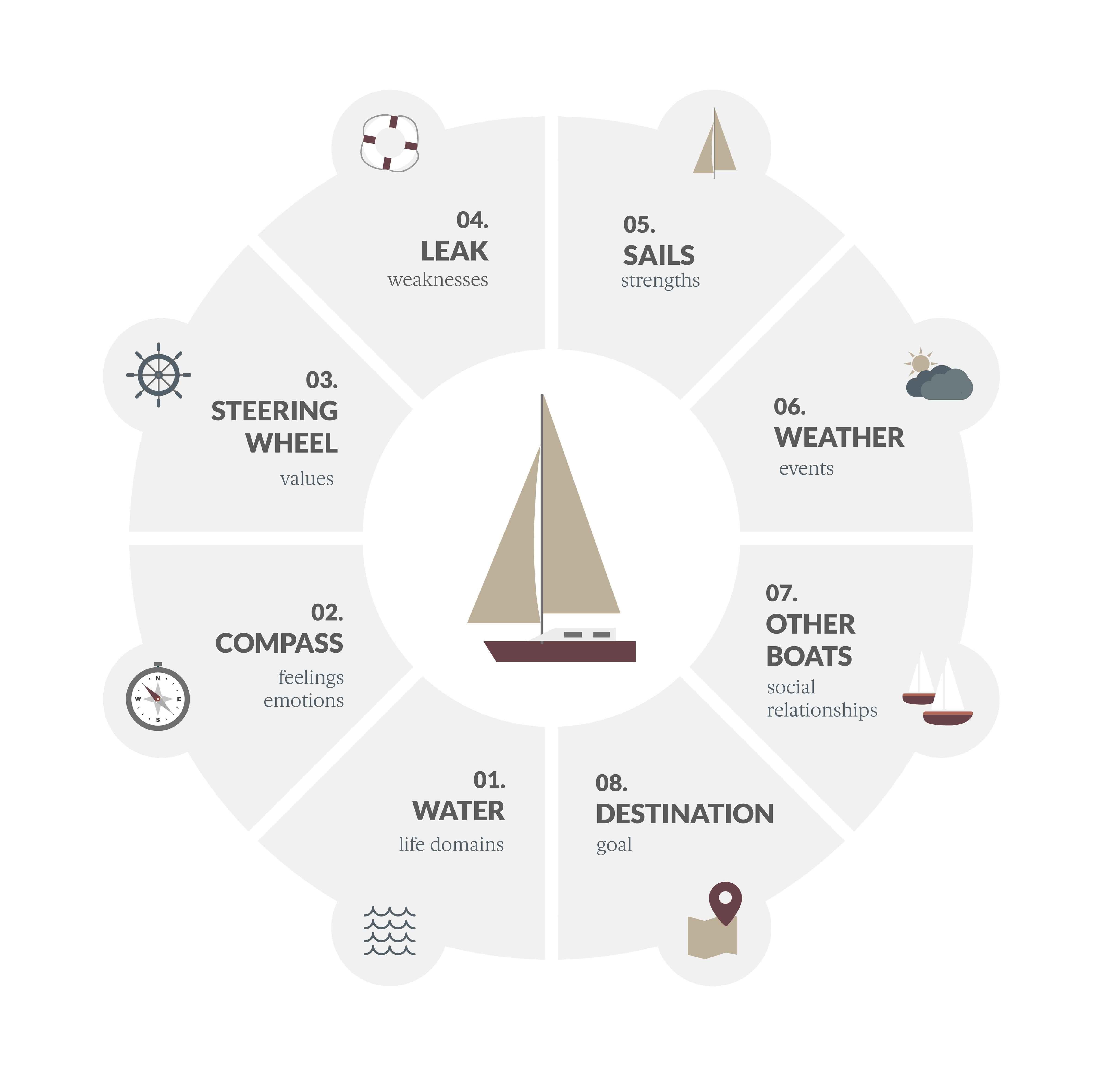
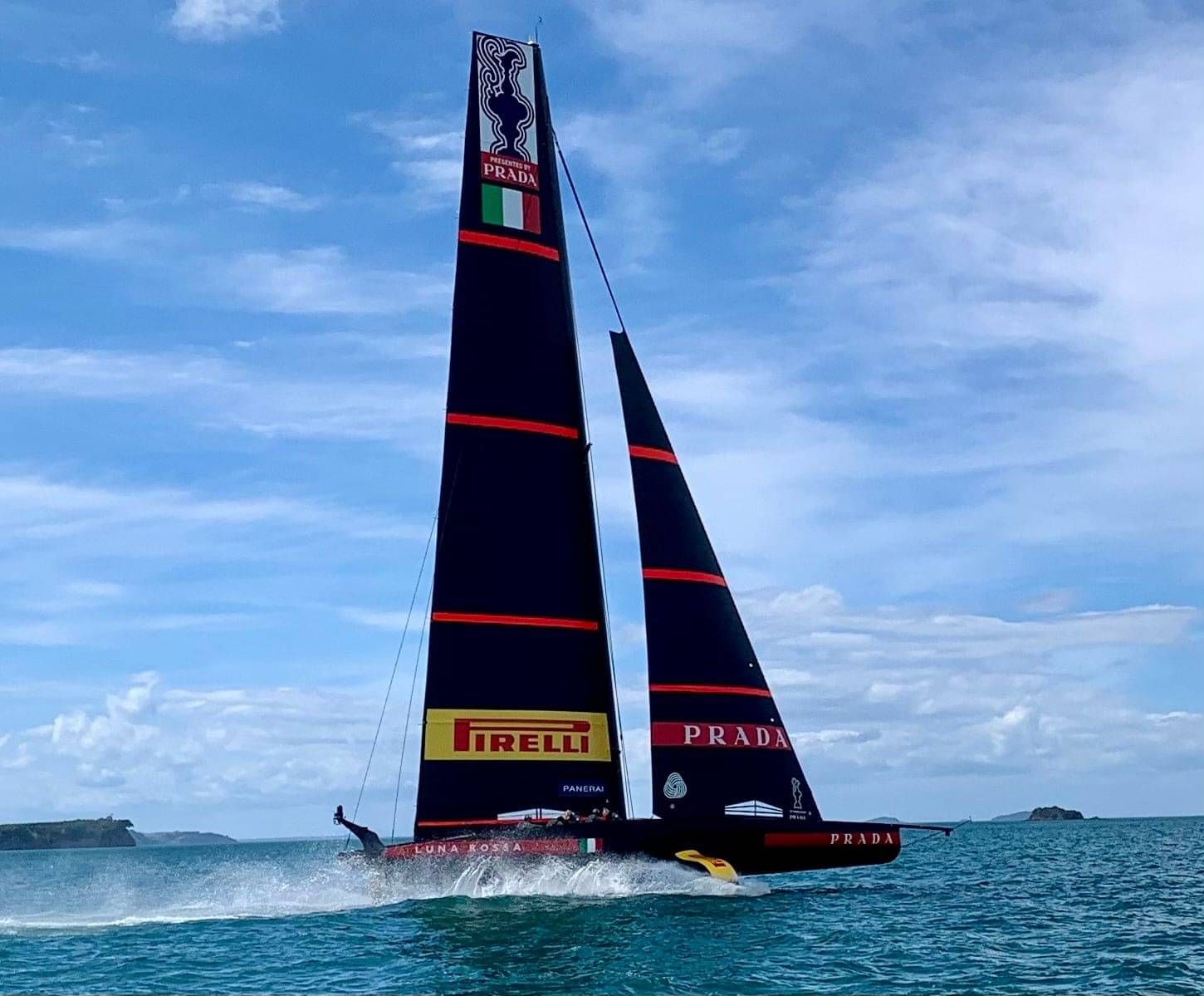
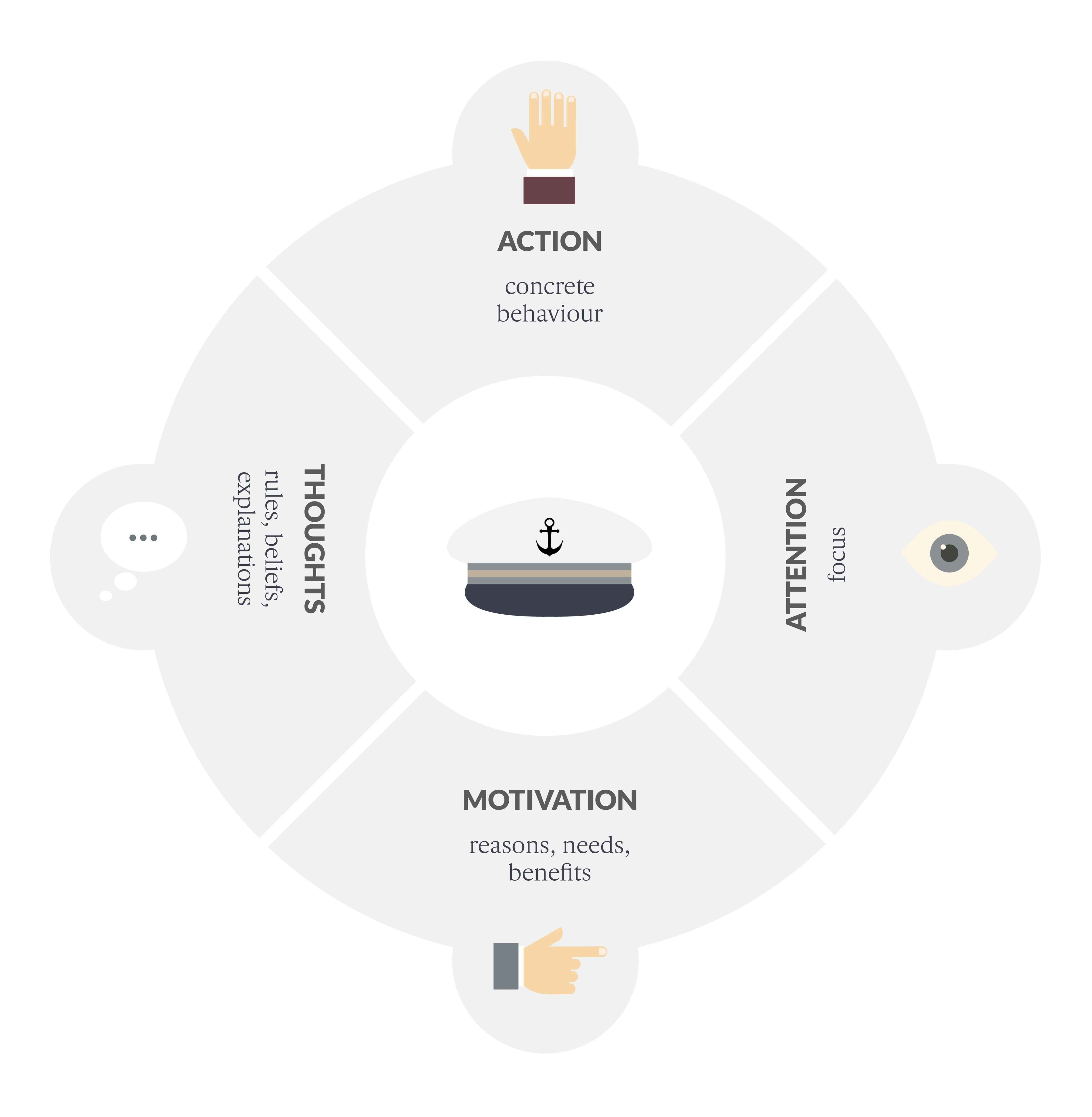
The Captain and The Sailboat
In the City of Sails (Auckland/Tāmaki Makaurau), it is a striking sight to see boats gliding across the harbour. For each boat to move with purpose, many factors must align: the structure of the vessel, the conditions of the sea, and the skill of the captain.
Our lives work in much the same way. Are we harnessing our strengths? Are there leaks in the boat where we are not aligned with our values or wellbeing? Are we listening to our inner compass when unexpected weather rolls in?
Understanding our sailboat — our strengths, challenges, and environment — helps us navigate with clarity. That is the essence of holistic coaching: recognising that we do not operate in isolation and learning how to steer with awareness, connection, and purpose.
(Sailboat and Captain images below: Alberts, H.J.E.M. (2018). The Sailboat Metaphor. Retrieved from PositivePsychology.Com)
"Society is living in a Vitamin Connect deficit."
Dr Hallowell
"I am not afraid of storms for I am learning how to sail my ship."
Louisa May Alcott

